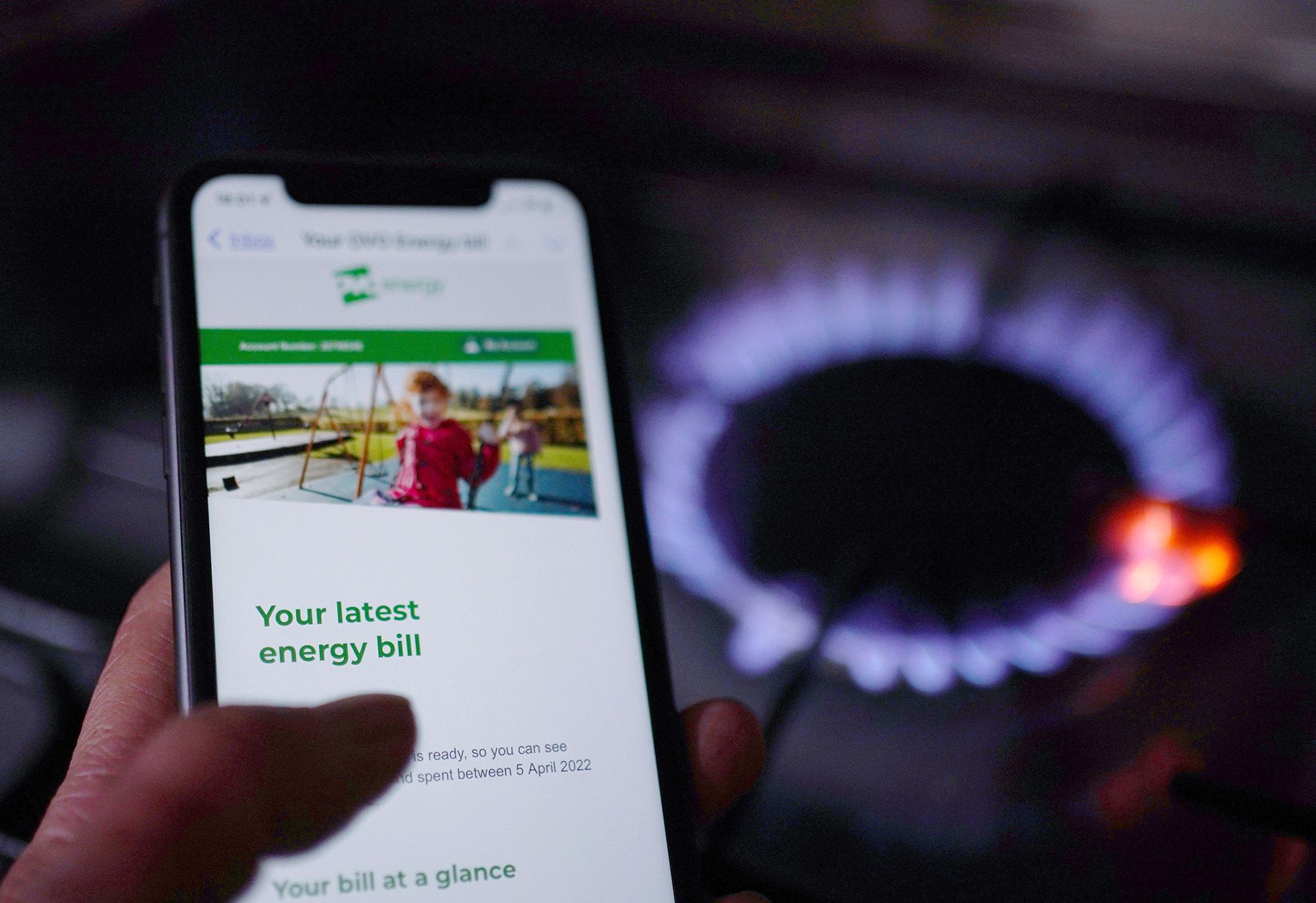
While Ofgem announced a welcome 7% drop in the energy price cap starting July 1st, many households will still feel the squeeze financially
Today, Ofgem announced that the energy price cap will fall by 7% from 1 July, reducing average annual bills for typical households on standard tariffs from £1,849 to £1,720. The cap sets the maximum rate suppliers can charge for each unit of energy for customers on default tariffs in England, Scotland and Wales.
While the reduction is welcome, it only reverses April’s rise and still leaves most households paying around 10% more than they were this time last year. For many, the financial pressure of high energy bills hasn’t eased - it’s simply less visible during the warmer months.
Any fall in energy prices is welcome - but let’s not overstate it. This just takes us back to where things were at the start of the year. Bills are still significantly higher than pre-crisis levels, and while people might not feel the pinch as much when the heating’s off, many are still juggling arrears or relying on credit to cover basic costs. The heating might be off, but the pressure on household budgets is still very much on.
The new cap will apply from 1 July to 30 September 2025, driven by a drop in wholesale energy prices - particularly gas, which has fallen from 138p to 78p per term.
Despite the reduction, 65% of households remain on standard tariffs governed by the price cap - originally designed as a backstop. Consumer experts, including Martin Lewis, continue to urge households to explore fixed-rate deals, many of which are currently priced well below the cap.
Our Advice
- Don’t assume the cap is the cheapest option – many fixed deals are already 15–18% lower than the current cap.
- Use a whole-of-market comparison site to see what’s available for your home and region.
- Act now – switching to a fixed tariff could save you money before the cap change takes effect in July.
- If you’re already behind on bills, seek advice early. You may be eligible for support, including supplier grants, repayment plans, or hardship schemes.
- Need help with energy bills or debt? Call us on 0800 808 5700 to speak to a trained advisor for free and impartial advice
